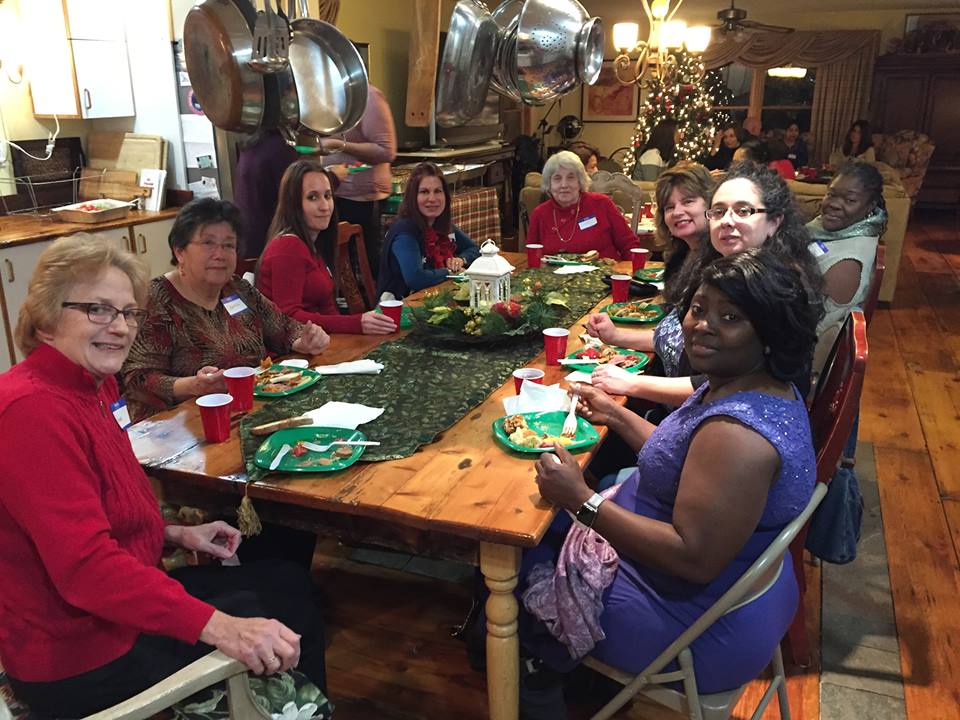Planning for Housing When Retired

By Bill Primavera
A while back I was asked to speak about real estate at a meeting of the Retired Municipal Employees Association, and as I planned my remarks, I thought about the reality that I’m at an age when some people think about retiring and living differently than they do now. As for me, I intend never to retire from the enjoyable work I do unless I absolutely must because of the physical considerations of aging.
A realtor must be able to get around and I sometimes wonder whether my “trick” knee will someday get the best of me. However, for now, I’m good. Nevertheless, my living preferences have changed significantly in the past few years, just as if I were retiring.
When I was still in my 20s, my wife and I moved to a historic home that was to be our residence for many years to come, and I was eager and ready to restore and maintain it. I was known as the “young guy” on the block who always answered the door with a hammer or paint brush in hand. Eventually, however, I reached the stage of life when I would rather be doing something other than hammering and painting. I now live in a one-floor residence where all maintenance is provided, so I can retire here if I choose.
The housing issues facing retired and elderly people can be quite simple, such as finding living space on one level with no steps, and at the same time, they can be quite complex, such as the emotional toll that may come with leaving a home in which their children grew up.
While many older people are still in the homes in which they raised their children, married them off, and then retired as empty-nesters, these homes may have become too big to rattle around in or maintain, and the tax bill that paid primarily for the education of their children no longer has the same payback.
But they may still want to remain in those homes, no matter how impractical. Interestingly, surveys by AARP find that about 80 percent of older persons say that they want to stay in their own homes and not move, and this phenomenon has been called the preference to “age in place.” It’s understandable. After a long period of living in one place, our homes become an extension of who we are and how we express ourselves. Long time residence is also a connection to the community where people know their neighbors and merchants as well as their houses of worship, libraries and community service.
But in today’s sellers’ market, retiring homeowners can do very well in selling their home at a price they could never have imagined when they first purchased it as young adults. The proceeds can allow a comfortable retirement, especially for those planning a move south where housing is much cheaper, as are living expenses.
Others who have paid off their mortgages and have equity can take reverse mortgages to stay put and live more comfortably through their golden years.
Those who decide to downsize still must think carefully about the percentage of income they should be paying for housing and still manage to afford other necessities of later life besides food and clothing, such as transportation and medical care. Affordability depends on their individual situations and whether they live with a spouse, alone or with relatives. Today, about 54 percent of older persons live with their spouses, 31 percent live alone, 13 percent live with relatives other than their spouse, and two percent live with non-relatives.
If the decision is to move later in life, people seem to know what they want. A recent survey done by the National Association of Realtors in concert with MetLife found that retired and older citizens want easy, comfortable homes, with single-story floor plans or homes that offer a first-floor master bedroom. They also like home maintenance and repair as part of their next home purchase, preferable with no necessary outside duties and low maintenance inside, washers and dryers, storage space, easy-to-open windows and easy to use climate controls.
There are other quality of life considerations, such as proximity to hospitals and doctors, shopping, transportation and recreation.
Interestingly, my daughter recently informed me that she and my son-in-law have discussed the eventuality of my wife and I living with them when the time comes. I was greatly touched, even though I’m sure we would rather remain independent as long as we can and to seek at-home care should we need it. And while the sentiment expressed by my daughter is lovely, I do wish she had waited another 10 or 15 years before discussing the matter with me!
While Bill Primavera has enjoyed careers as a journalist and publicist, he is now a Realtor® associated with William Raveis Real Estate, specializing in upper Westchester and Putnam Counties. To engage the services of The Home Guru Team to market your home for sale, call (914) 522-2076.

Examiner Media – Keeping you informed with professionally-reported local news, features, and sports coverage.

